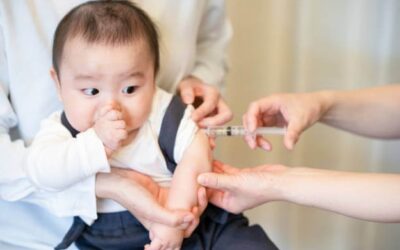Why Study Toxic Metals in Infant Formula? An Overview of the Results
Why Study Toxic Metals in Infant Formula?
An Overview of the Results
May 2024
Michelle Perro, MD
CEO, GMOScience.org
Article 3 in the Got Real Milk Series
The presence of toxic metals in infant formula is a critical issue that demands immediate action.
Public education is crucial to raise awareness among parents and caregivers about the potential risks and safety measures. Regulatory action by Congress is necessary to empower the FDA and other agencies to enforce stringent safety standards. Additionally, formula companies must take corrective actions to ensure their products are safe.
To address this issue, we are initiating a petition to urge Congress to remove any barriers preventing the FDA from enforcing these necessary regulations. In the meantime, parents can consider various supplements that may help offset the toxicity, although this should be done in consultation with healthcare professionals.
By working together—regulators, companies, and consumers—we can ensure that infant formula products are safe and healthy for our most vulnerable population, our babies.


